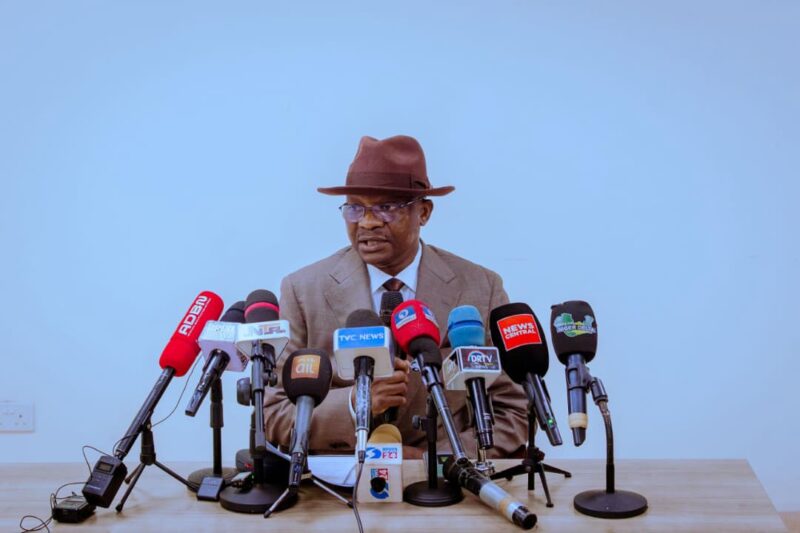Business
Delta Eyes Ranching, Industrial Growth from Brazil Investment Drive — Aniagwu

The Delta State Government says its recent investment mission to Brazil has unlocked fresh prospects for industrial expansion, agricultural development, renewable energy, and job creation in the state.
Briefing journalists in Asaba, the Commissioner for Works (Rural Roads) and Public Information, Mr. Charles Aniagwu, said Governor Sheriff Oborevwori’s administration has already recorded significant gains by opening up all 25 local government areas with vital infrastructure, thereby creating access to mineral resources, industrial corridors, and potential free trade zones.
Aniagwu explained that the Brazil engagement was aimed at showcasing Delta’s investment opportunities while also drawing lessons from Brazil’s agricultural model, especially in ranching.
He stressed that the establishment of ranches in the state would not only boost food production and jobs but also strengthen security by curbing the use of forests as criminal hideouts.
“We are pursuing both security and job creation by targeting ranching and other agro-industrial investments,” Aniagwu said. “Our discussions in Brazil are progressing very well, and we are optimistic about the outcomes.”
He disclosed that the state also held talks with renewable energy firms and other players in the power sector, building on earlier engagements with the Rural Electrification Agency in Abuja.
According to him, the goal is to light up the state, expand industries, and create employment opportunities that will improve living standards.
Aniagwu noted that the government’s focus on agriculture and industry was deliberate, given the rising number of graduates from tertiary institutions across the state.
“Our goal is to create a productive economy where our graduates and young women can secure meaningful jobs beyond the limited space in the civil service,” he added.
“This is how we can guarantee both social and fiscal security for our state while raising living standards.”
He reaffirmed that the Oborevwori administration remains committed to the MORE Agenda, with particular emphasis on infrastructure expansion, energy generation, agriculture, and industrial growth.









